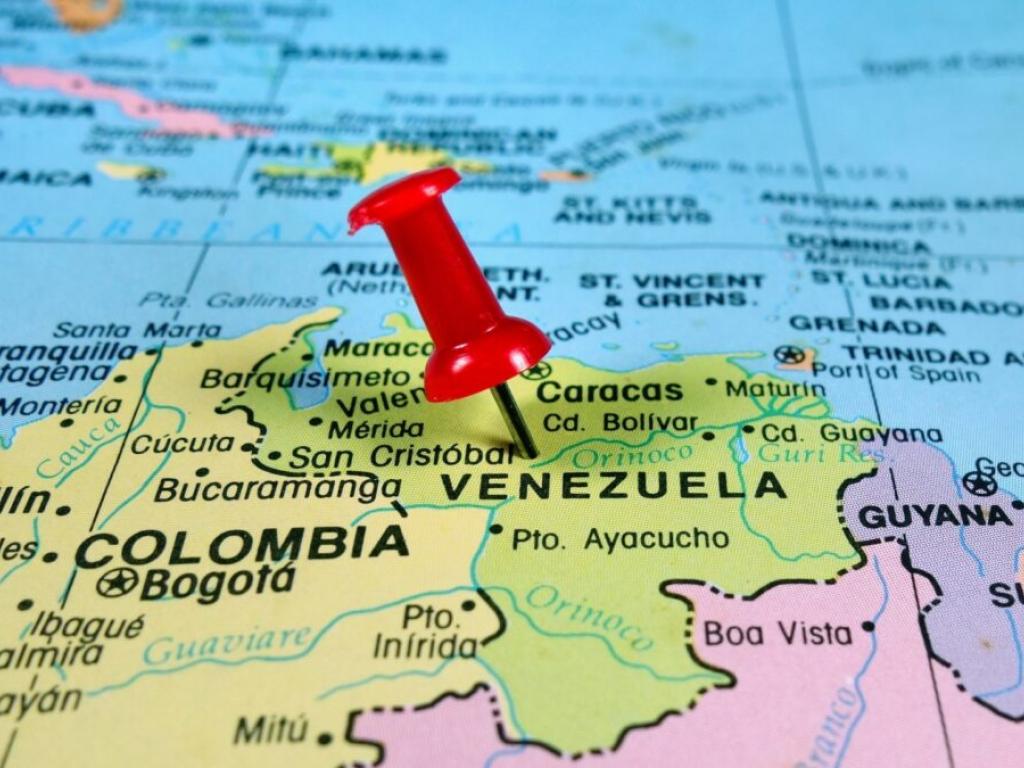Venezuela Turns To Crypto As US Sanctions Return On Oil Exports (UPDATED)
Author: Murtuza Merchant | April 23, 2024 12:09pm
Editor’s Note: This article has been updated to include a statement from Tether regarding the company’s compliance with OFAC sanctions.
Venezuela’s state-owned oil company, PDVSA, is turning to cryptocurrency to adapt as the United States reimposes sanctions on the country’s oil industry.
What Happened: In a move to bypass potential restrictions on traditional financial channels, PDVSA is accelerating its shift towards using digital currencies, particularly Tether (CRYPTO: USDT), for crude oil and fuel exports, Reuters reported.
The US Treasury Department’s decision to revoke a general license for Venezuelan oil transactions has created significant challenges for PDVSA.
Previously, companies could freely trade with Venezuela under this license. Now, they’ll need individual U.S. authorization, potentially delaying or hindering oil sales.
By transitioning to USDT, a dollar-pegged cryptocurrency, PDVSA hopes to mitigate the risk of having its export revenue frozen in foreign bank accounts due to sanctions.
This strategy essentially allows them to bypass traditional banking systems that could be restricted by US measures.
A spokesperson from Tether told Benzinga the company adheres to regulatory standards: “Tether respects the OFAC SDN list and is committed to working to ensure sanction addresses are frozen promptly.”
Read Also: Cathie Wood’s Ark Invest Says Bitcoin Could Be Priming For Over 3,000% Rally Over Next 12 Months As King Crypto Becomes Less Inflationary Than Gold After Halving
Why It Matters: While innovative, the pivot towards cryptocurrency presents its own hurdles.
Firstly, using crypto for oil transactions is still uncommon, raising compliance concerns for some traders.
Secondly, Venezuela’s reliance on intermediaries to facilitate these digital transactions could eat into their profits.
Despite the challenges, Venezuela intends to press forward with oil sales and project expansions during the US-imposed wind-down period.
They’ll then seek individual authorizations for continued trade.
Oil analysts remain cautious, predicting a potential ceiling on Venezuelan oil output and revenue in the long term.
However, Venezuelan Oil Minister Pedro Tellechea expressed confidence in PDVSA’s “trading strength” and their ability to navigate the renewed sanctions.
What’s Next: The Venezuelan case highlights the increasing role of cryptocurrencies in international trade, but also the complexities involved.
If you’re interested in a deeper dive into the future of digital assets and their potential impact on global markets, then consider attending the Benzinga Future of Digital Assets event on Nov. 19.
Read Next: Spot Bitcoin ETFs See $35M Net Inflow On First Trading Day After Halving; Trump Reverses TikTok Ban Stance, Accuses Biden Of Favoring Zuckerberg’s Meta – Top Headlines Today While US Slept
Image: Shutterstock
Posted In: $USDT





